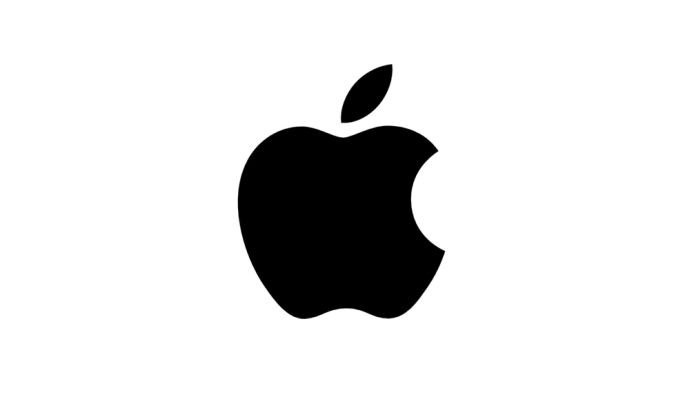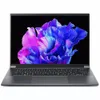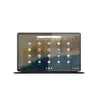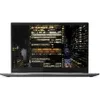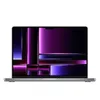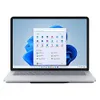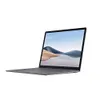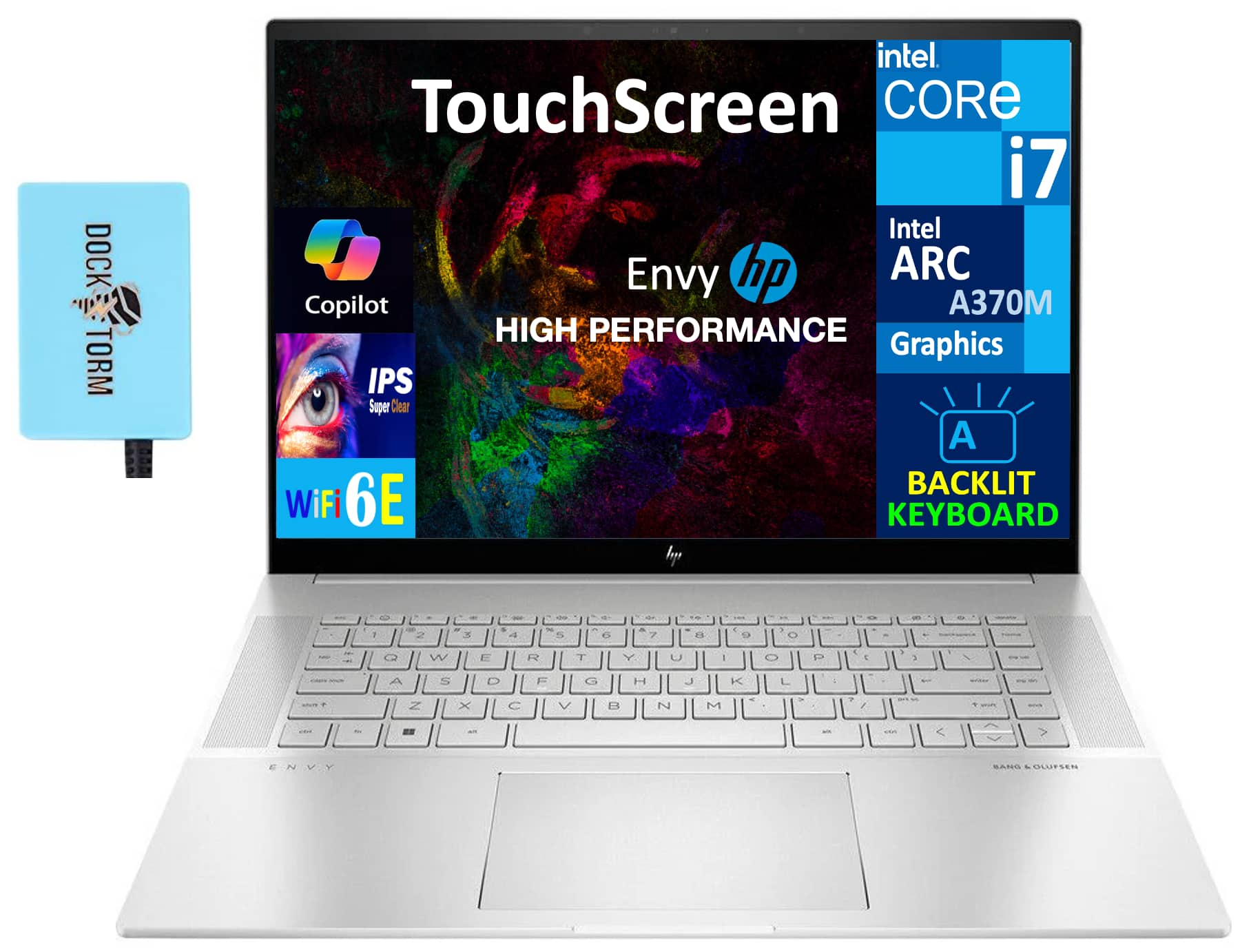Google Pixel 8 vs. Google Pixel 7a: Which Pixel is the best value?
Can Google's Pixel 8 unseat the Pixel 7a as the best-value smartphone?
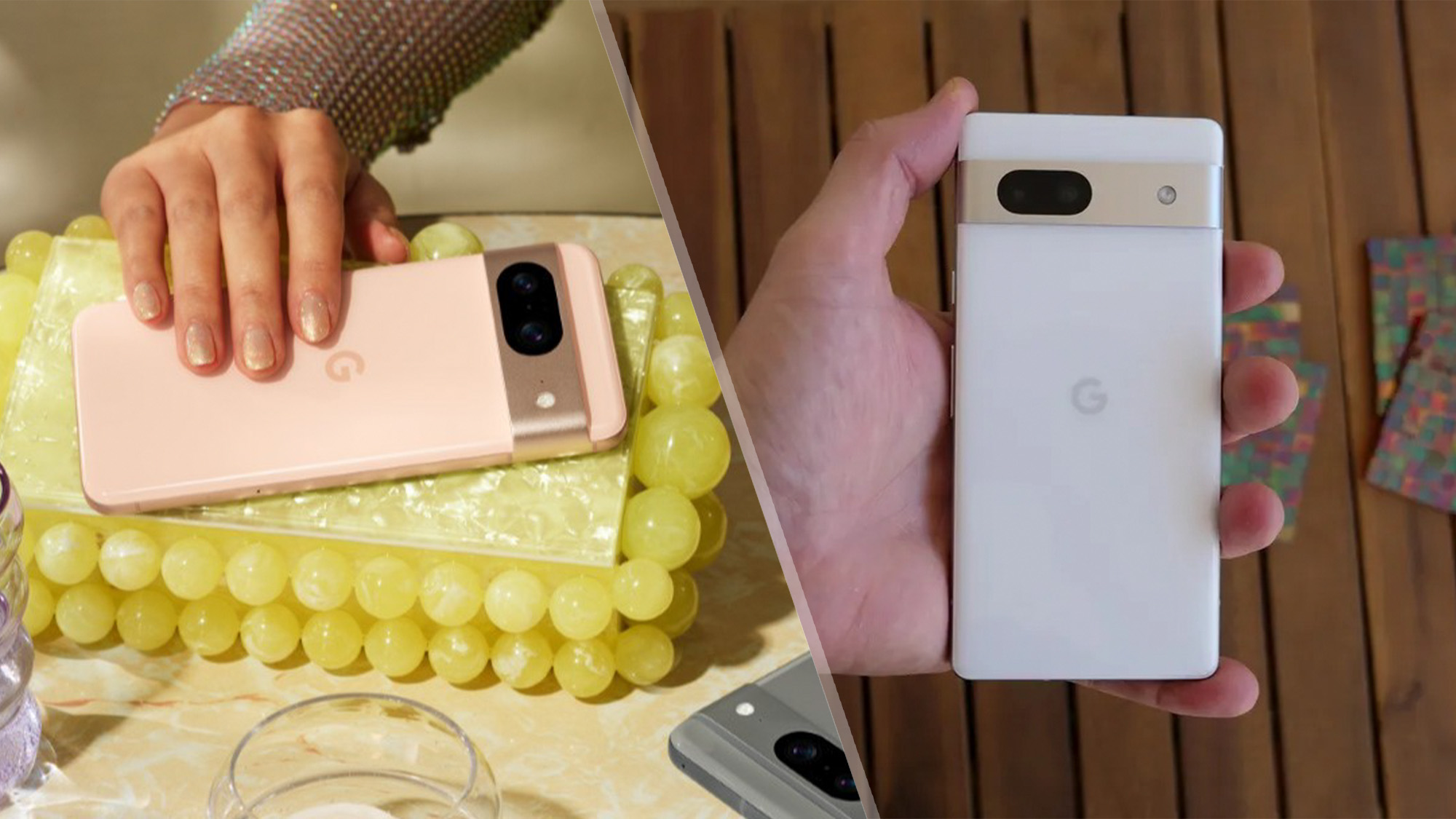
Sign up to receive The Snapshot, a free special dispatch from Laptop Mag, in your inbox.
You are now subscribed
Your newsletter sign-up was successful
The Pixel 7a has held the title of best phone for a few months now and while the iPhone 15 series may have something to say about that as we complete our reviews, Google could also fall to one of its own devices now that the Pixel 8 has arrived.
The Pixel 7a is assured its spot atop the best budget phones due to its $499 price tag, but the $699 Pixel 8 may have the upgrades to overtake its more affordable counterpart.
So is the extra $200 for the Pixel 8 worth it for you? Let’s find out.
| Row 0 - Cell 0 | Google Pixel 8 | Google Pixel 7a |
| Price | $699 | $499 |
| Display | 6.2 inches (2,400 x 1,080) 120Hz Adaptive | 6.1-inch (2,400 x 1080) 90Hz Adaptive OLED |
| Storage | 128 GB / 256 GB | 128GB |
| CPU | Google Tensor G3 (4nm) | Google Tensor G2 |
| RAM | 8GB | 8GB |
| Rear camera(s) | 50MP wide, 12MP ultrawide | 64MP wide, 13MP ultrawide |
| Front camera | 10.5MP | 13MP |
| Dimensions | 5.9 x 2.8 x 0.4 inches | 6 x 2.9 x 0.4 inches |
| Weight | 6.6 oz | 6.8 oz |
Google Pixel 8 vs. Google Pixel 7a: Price
As I already mentioned, the Pixel 8 starts at $699, which is a $100 premium over its predecessor. While no one is excited to hear about a price hike, this one comes as absolutely no surprise and as you'll see this isn't just Google raising prices, there are upgrades to justify the increase.
By comparison, the Pixel 7a starts at $499 (although you can find it for less), which was in itself an increase over its predecessor. The pricing and market placement of the Pixel 7a is precisely why we knew the Pixel 8 pricing rumors had to be true, there was just no room for it at $599 this year.
Both phones come in below the typical flagship phone pricing of $799 and up, but at least until we've completed our full review of the Pixel 8 and can take into account the full impact of the upgrades, we have to give this one to the still amazingly affordable Pixel 7a.
Winner: Google Pixel 7a
Sign up to receive The Snapshot, a free special dispatch from Laptop Mag, in your inbox.
Google Pixel 8 vs. Google Pixel 7a: Design
The Pixel 8 doesn't rock the boat when it comes to design, which means that it looks nearly identical to the Pixel 7a. So however you felt about Google's visor-looking rear camera array and rounded design for the last two years, that's how you'll feel about the Pixel 8. While I think Google is due to shake things up a bit next year, I'm still a fan of this look.
The Pixel 8 did manage to drop a little weight, so it is slightly lighter than the Pixel 7a at 6.6 oz to 6.8 oz and despite its slightly larger (6.2 vs 6.1-inch) display, the Pixel 8 is also just a hair narrower and shorter than the Pixel 7a due to smaller bezels.
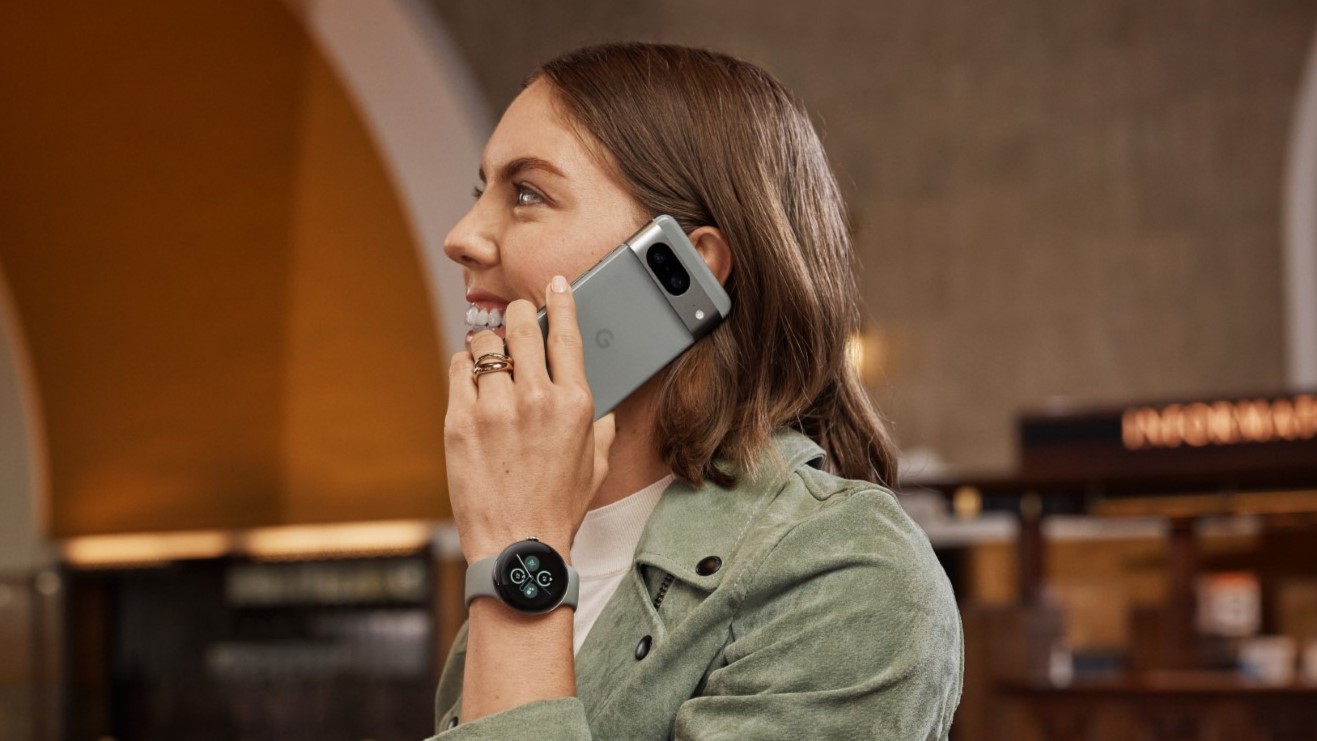
The Pixel 8 gets superior IP68 dust and water protection compared to IP67 for the Pixel 7a. That means the former could survive 30 minutes in water at depths of up to 1.5 meters (~5 feet) compared to 1 meter (3 feet) for the Pixel 7a. Probably not a deciding factor.
Both also feature some variant of Corning drop protection with the Pixel 7a’s front-facing Gorilla Glass 3 and the Pixel 8 sporting the more premium Gorilla Glass Victus.
While they are extremely similar visually, the Pixel 8 shows off its higher price tag here with a slightly more premium look and materials.
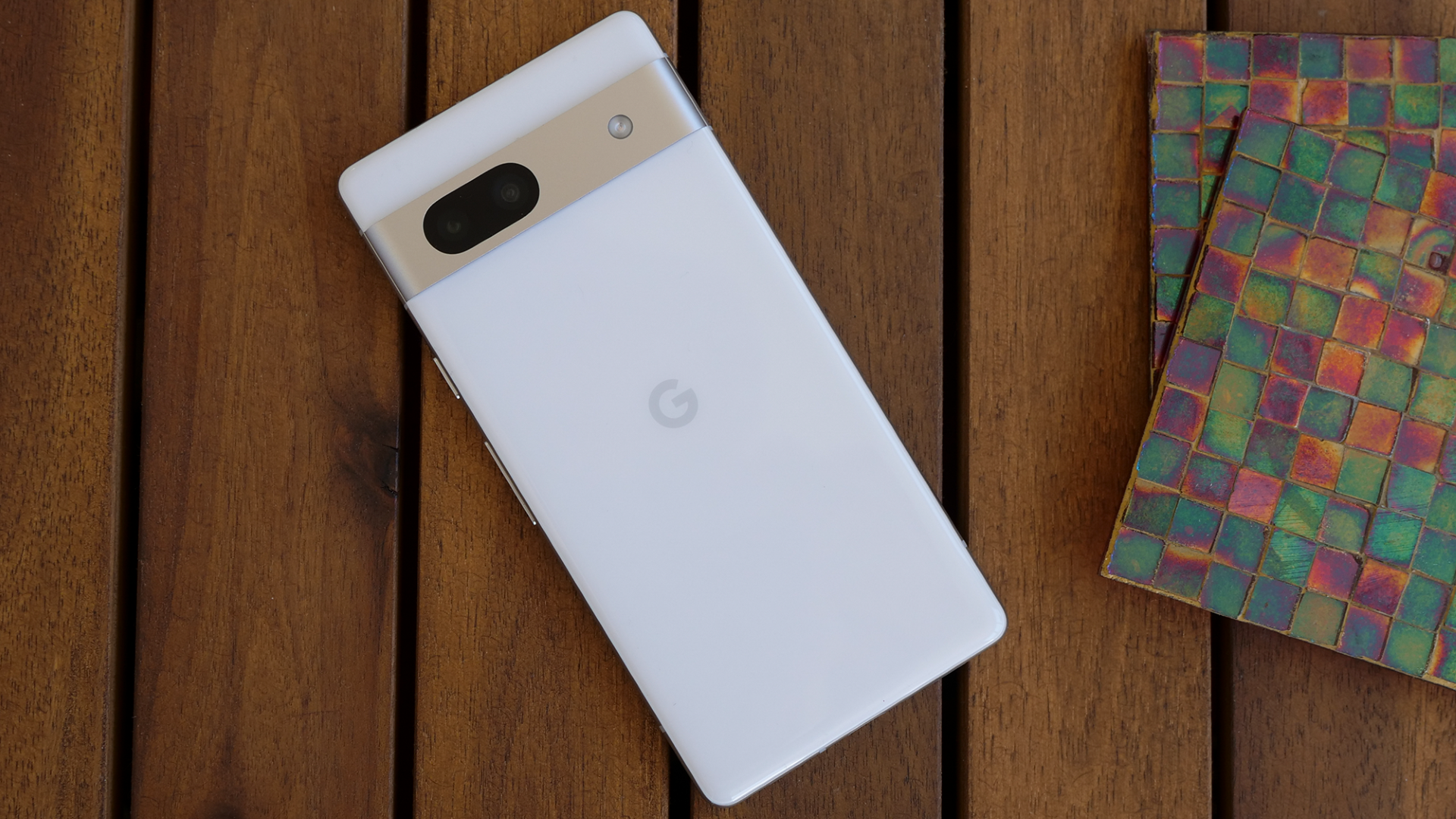
Winner: Google Pixel 8
Google Pixel 8 vs. Google Pixel 7a: Display
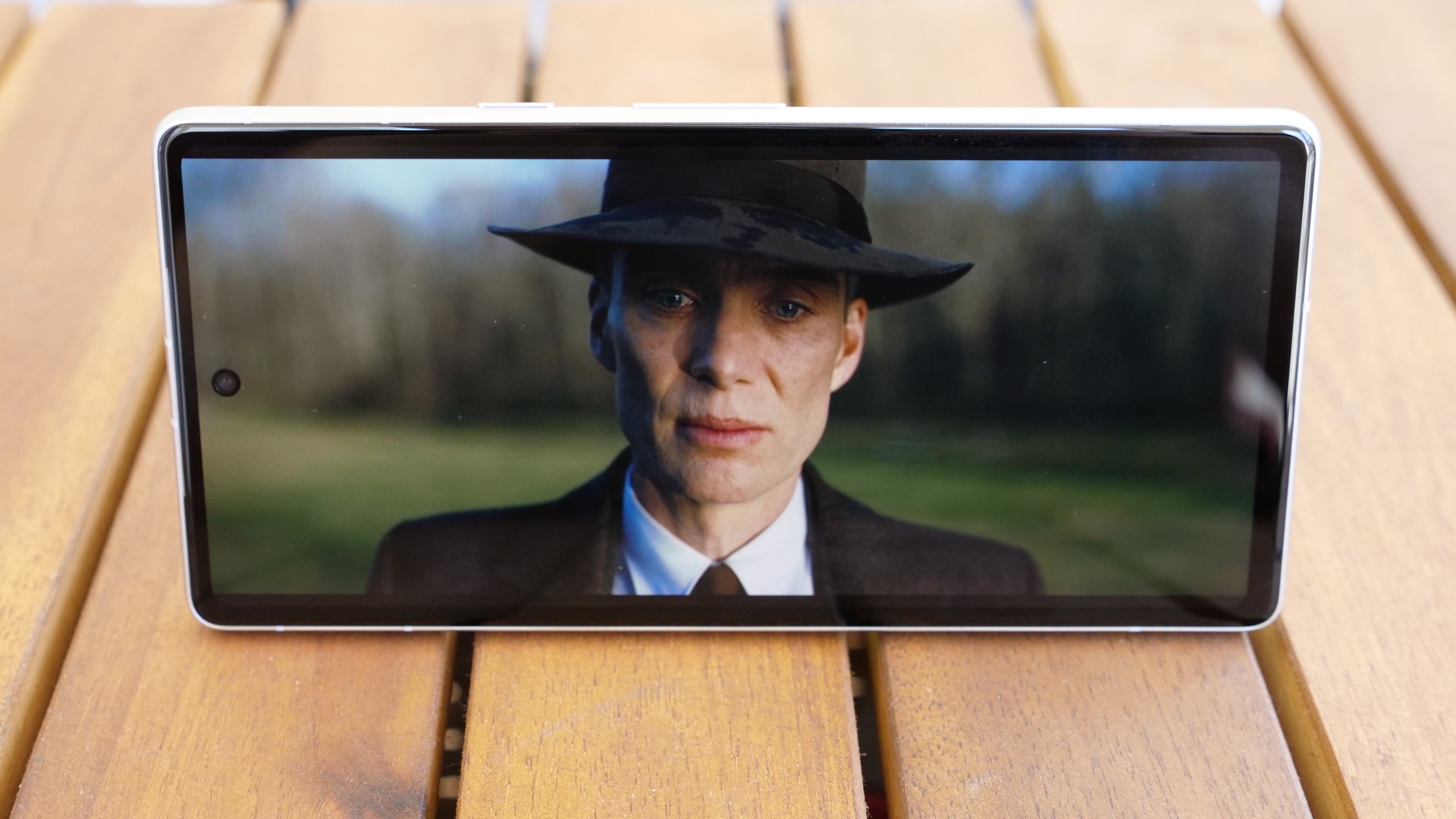
I already mentioned that the Pixel 8 offers a slight size advantage with its 6.2-inch display over the Pixel 7a’s 6.1-inch, but there are a few other differentiating factors.
The Pixel 7a boasts an impressive 2400 x 1080, 90Hz OLED display, which is a nice little flex for it on the 60Hz iPhone 15 that costs $300 more. However, its big Pixel sibling won't let it get away with that and offers a 2400 x 1080, 120Hz OLED display.
The Pixel 8 also has a claimed peak brightness of 2000 nits, which would be nearly double what we saw from the Pixel 7a in testing, but we'll have to wait to get it in the lab to find out if Google's right. That goes for the rest of our typical display testing as we don't have information on the DCI-P3 color gamut or color accuracy of the Pixel 8 just yet, we'll update this article once we have our full review and tests complete.
While they can't beat Samsung's flagship displays, the Pixels have consistently delivered solid displays, so I feel comfortable giving this category to the Pixel 8 based on its higher refresh rate, presumed higher brightness, and likely comparable color gamut and accuracy scores.
| Display benchmark | Google Pixel 8 (claimed) | Google Pixel 7a |
|---|---|---|
| Brightness (with adaptive brightness on) | up to 2,000 nits | 1,024 nits |
| DCI-P3 color gamut | TBD | 92% (Adaptive color) |
| Delta-E color accuracy | TBD | 0.05 |
Winner: Google Pixel 8
Google Pixel 8 vs. Google Pixel 7a: Performance
While Google's move to its in-house Tensor chipset has dramatically improved the performance of the lineup, it's still not able to go toe-to-toe with the best from Apple or Qualcomm when it comes to raw performance. Now it makes up for it with AI and GPU performance, but in this particular case we are looking at the Tensor G2 vs. the new Tensor G3 in the Pixel 8, and it's no contest.
We will need to do our own tests to confirm, but a recent leak showed a Geekbench 6 multicore score of 4,442 for the Pixel 8, which vastly outperforms the 3,368 that the Pixel 7a achieved.
| Performance Benchmark | Google Pixel 8 (leaked) | Google Pixel 7a |
|---|---|---|
| Geekbench 6 multicore | 4,442 | 3,368 |
| Adobe Premiere Rush video export | Row 1 - Cell 1 | 56 seconds |
This may be the tipping point where using a Pixel for intensive mobile gaming isn't a ridiculous notion. While the Pixel 8 is still coming up short of the Qualcomm Snapdragon 8 Gen 2, it isn't far from it and we'll be curious to see how it fares in some of our other performance tests.
While both phones will be more than capable of handling any daily tasks, the Pixel 8 is the more powerful of the two.
Winner: Google Pixel 8
Google Pixel 8 vs. Pixel 7a: Cameras
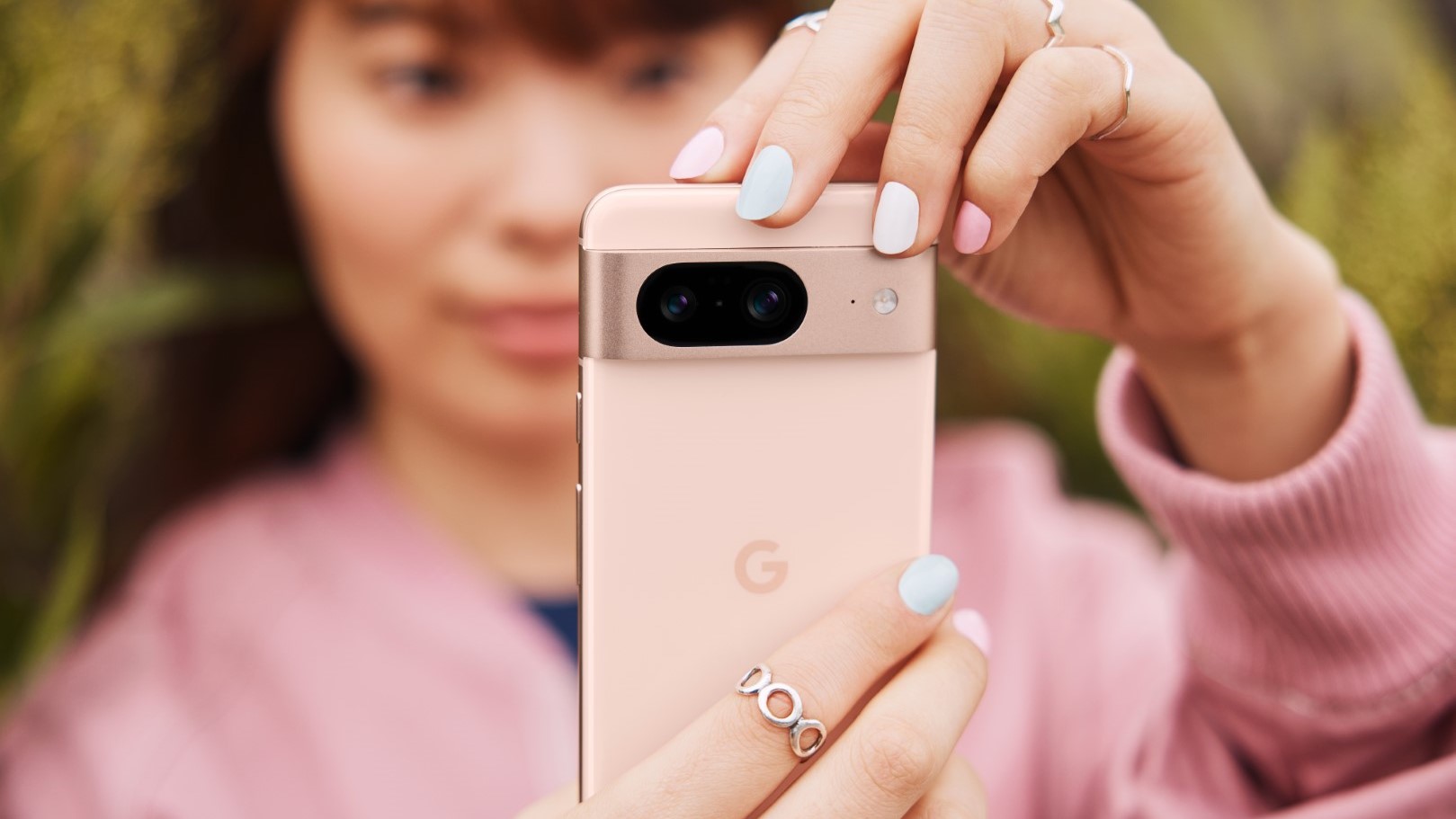
Tthe Pixel 7a’s 64MP and 13MP wide and ultrawide main camera array shine with excellent color and tone reproduction with a sharp and crystal clear eye for detail — even in low light conditions (and we mean low, low light conditions) thanks to the incredibly impressive Night Sight.
The Pixel 7a makes for an all-around great shooter, whether you’re looking for portrait, landscape, or low-light subjects.
The Pixel 8's 50MP primary and 12MP ultrawide may not sound like an upgrade, but the devil is in the details. The Pixel 8 primary features a vastly superior f/1.68 aperture compared to f/1.89 on the Pixel 7a and a larger sensor, which combined should make it even better at low-light photos.
Camera specs are only part of the story for the Pixel though, Google remains unmatched in computational photography, this is part of what the Tensor chip offers that isn't measured by benchmarks.
We'll give a final determination on this one once we can test the cameras side-by-side.
| Row 0 - Cell 0 | Google Pixel 8 | Google Pixel 7a |
| Main camera | 50MP (f/1.68, 1.2 µm) | 64MP (f/1.89 aperture, 0.8 µm) |
| Ultrawide | 12MP (f/2.2, 1.25 µm) | 13 MP (f/2.2 aperture, 1.25 µm, 121-degree field of view) |
| Front facing | 10.5MP (f/2.2, 1.22 µm) | 13MP (f/3.05 aperture, 1.22 µm, 5x optical zoom) |
Winner: TBD
Overall winner
While the final tally will have to wait for our full review and testing of the Pixel 8 to be complete, it's pretty clear that the new Pixel is going to come out on top. Now that isn't shocking given the $200 price disparity, but at least based on what we know currently it seems like the Pixel 8 is going to earn that price gap with both dramatically improved performance and superior build quality.
Sean Riley has been covering tech professionally for over a decade now. Most of that time was as a freelancer covering varied topics including phones, wearables, tablets, smart home devices, laptops, AR, VR, mobile payments, fintech, and more. Sean is the resident mobile expert at Laptop Mag, specializing in phones and wearables, you'll find plenty of news, reviews, how-to, and opinion pieces on these subjects from him here. But Laptop Mag has also proven a perfect fit for that broad range of interests with reviews and news on the latest laptops, VR games, and computer accessories along with coverage on everything from NFTs to cybersecurity and more.
